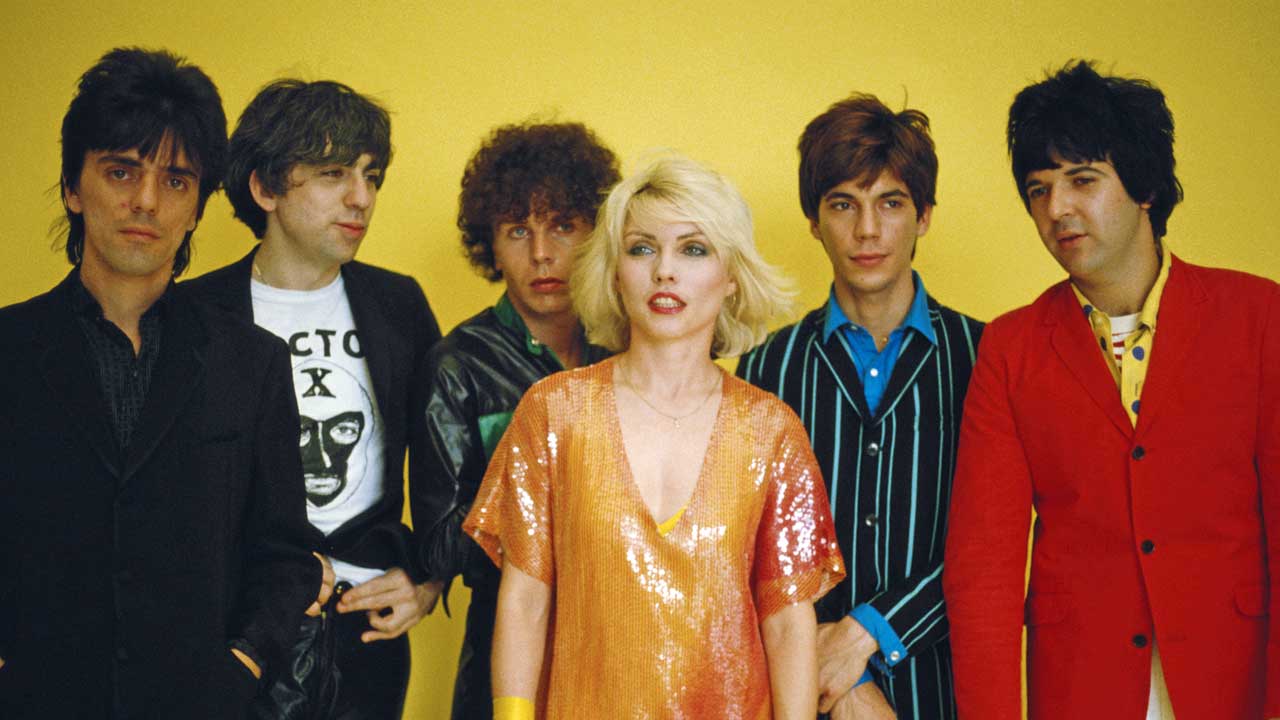You can trust Louder
From their inception with Blind Faith, supergroups were never meant to release second albums.
Any kind of longevity went against their design; the combination of ambition and hubris that brought them together soon divided them again. Velvet Revolver, with three-fifths of their constituent parts bound by a shared history, proved slightly more robust, cutting this under-appreciated sophomore record before entering a hiatus that may or may not prove permanent, though it was certainly fatal for this particular line-up.
Mercurial is probably not the right word for Scott Weiland. It makes him sound too predictable. His mix of creativity, ego, fragility and an enduring drug problem necessitating several trips to rehab meant that he was a man out of step when set alongside the sober and rapidly maturing Slash and Duff.
Libertad was a record that showed the dividing line between Weiland and the rest more clearly than Contraband. It’s far more possible here to identify ‘Scott bits’ or ‘Slash bits’, echoes of Stone Temple Pilots or Guns N’ Roses. In retrospect it’s easy to say that it’s the sound of a band coming apart from its singer, but that’s perhaps too trite a notion. It’s just as true to reflect that, with Libertad, Velvet Revolver delivered a broad hint at the band they might have become.
Libertad might have become something else, too, had an early flirtation with the vivid nuts’n’bolts production work of Rick Rubin come to fruition. Things didn’t quite gel, however, and Revolver turned to Brendan O’Brien, who pulled the band out of the stall they had found themselves in and delivered the rich textures latent in a strong set of songs.
What is obvious immediately is that the chemistry between Slash, Duff McKagan and Matt Sorum remains completely transferable between bands. The great motor of Guns N’ Roses, augmented by second guitarist Dave Kushner, functions as effectively as ever. Riff after sinuous riff is pinned down by Sorum and McKagan: Libertad boils along from the big opening moments of Let It Roll and it rarely lets up. There are lots of great ideas here; Spay, She Builds Quick Machines and She’s Mine are alive with them.
Scott Weiland brings something undeniable, too. It’s essentially the same thing he contributed to Stone Temple Pilots; an ability to add huge, ringing melodies to cranked-up riffs, allied to a wonderful sense of the ebb and flow required for the full drama of his voice to come across. O’Brien had a long-standing grasp on that, having used the technique so effectively on STP’s Core album and he brings a timeless rock’n’roll shimmer to the sounds of Libertad. It’s high-quality work.
Sign up below to get the latest from Classic Rock, plus exclusive special offers, direct to your inbox!
There’s little sense that the band have fallen foul of the preening self- satisfaction to which supergroups are so prone. They have a desire to prove something, even if only to themselves, and it’s evident in the intensity behind Get Out The Door and Mary Mary. It’s not until the very end of the record and the big ballad Gravedancer that Libertad feels at all overblown, and even then the band handle the ‘lighters out’ moment like the old pros that they are. The record’s one real mis-step is a cover of ELO’s Can’t Get It Out Of My Head, a curious choice for so direct an album.
Compared to the debut, initial sales of Libertad were disappointing, but it’s a record that holds up well with time, and, unburdened by the expectations of its predecessor, it’s easy to see it becoming something of a cult classic as the years pass. Weiland and Slash’s collision may have been brief, but it left something worthwhile behind./o:p
Jon Hotten is an English author and journalist. He is best known for the books Muscle: A Writer's Trip Through a Sport with No Boundaries and The Years of the Locust. In June 2015 he published a novel, My Life And The Beautiful Music (Cape), based on his time in LA in the late 80s reporting on the heavy metal scene. He was a contributor to Kerrang! magazine from 1987–92 and currently contributes to Classic Rock. Hotten is the author of the popular cricket blog, The Old Batsman, and since February 2013 is a frequent contributor to The Cordon cricket blog at Cricinfo. His most recent book, Bat, Ball & Field, was published in 2022.


